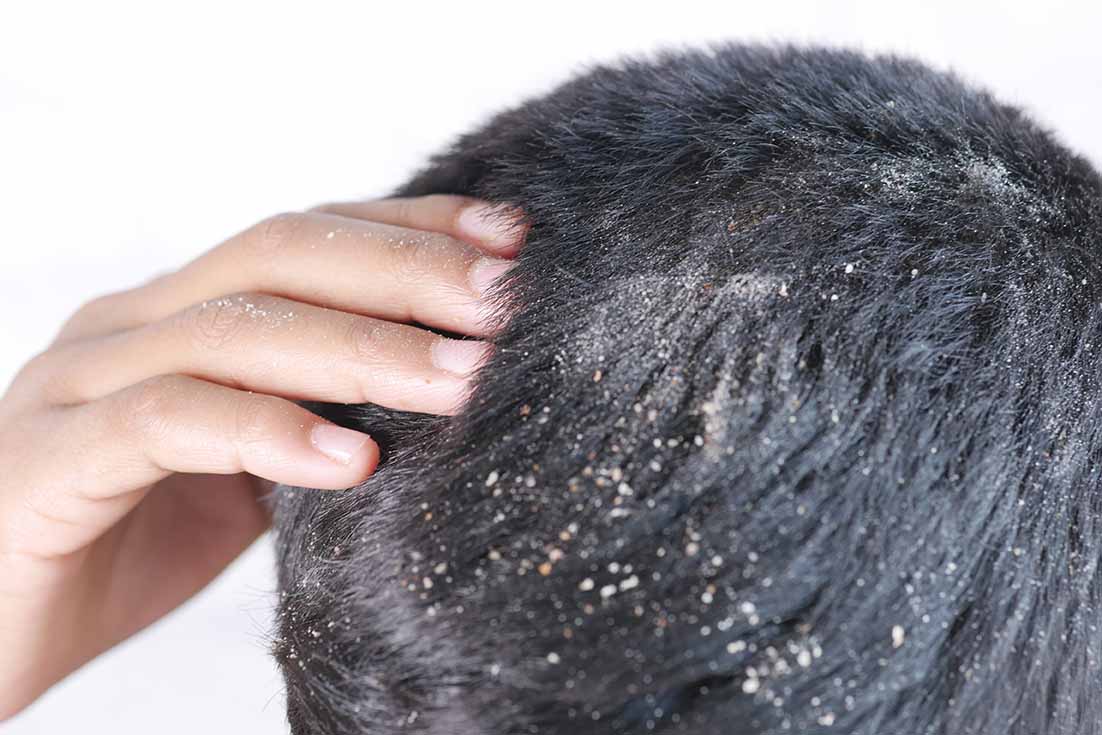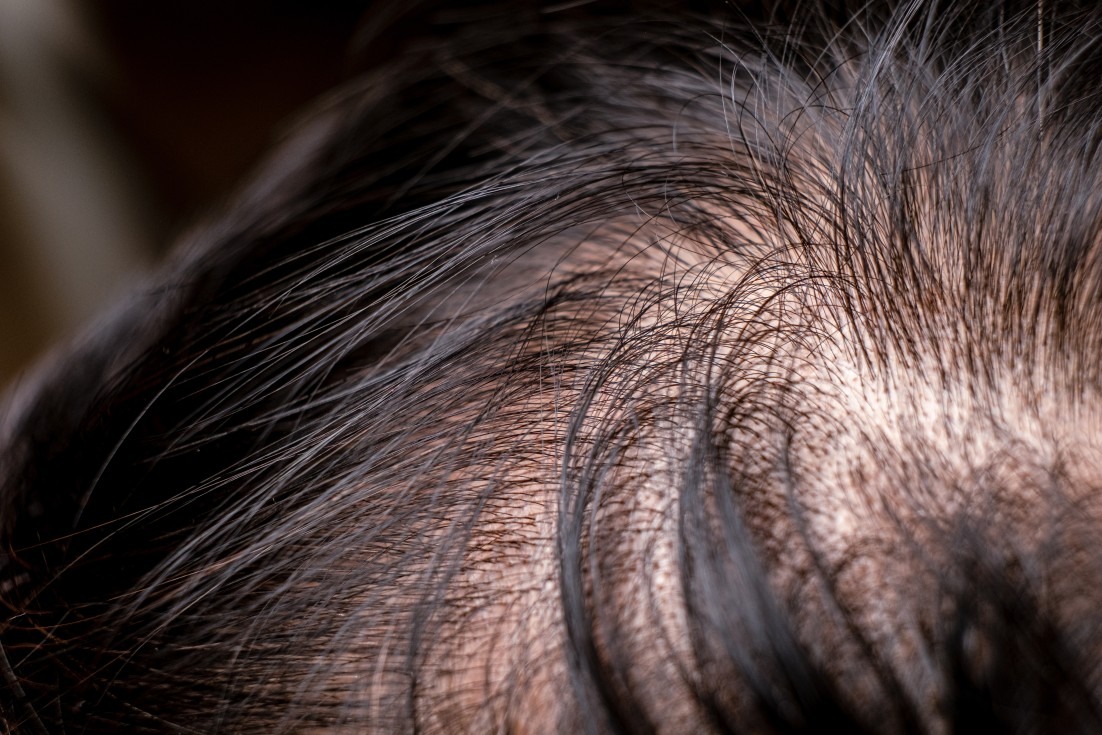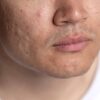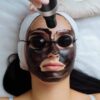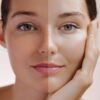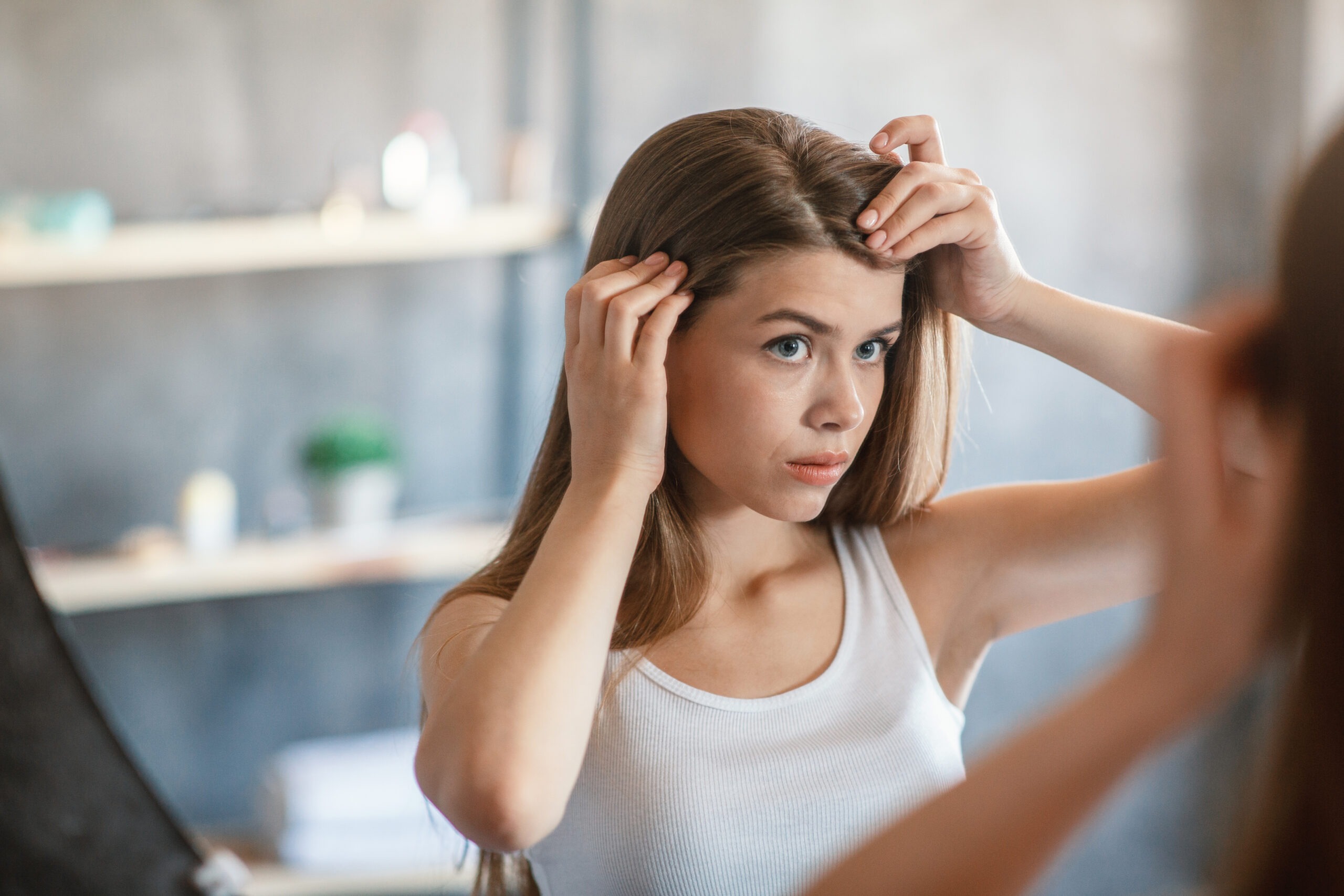
Does Shampoo Cause Hair Loss?
Last Updated on May 23, 2023 by Derma Arts Team
In your life, you may encounter some pretty peculiar questions. Is the earth flat? One such question that you may encounter is Do shampoos lead to hair loss? Now this question is definitely not those black-and-white questions that you can put a stamp on and conclude your findings. The Food and Drug Administration (FDA) received 1,400 complaints about hair cleansing products in 2016, including complaints about hair loss, breakage, baldness, itching, and rash from shampoos and conditioners. The FDA claims that it is unable to confirm the cause of these reported reactions due to a lack of information and evidence.
Hair loss in itself mammoth ocean of discoveries and diagnoses. It can be a consequence of multiple factors such as genetic, hormonal fluctuations, sudden and abrupt weight loss, chronic stress and fatigue, not getting enough sleep and yes surprisingly one of them does point out to the shampoos you choose to put on your bathroom shelf. Specifically speaking it’s not, the shampoo, but rather the ingredients that put a stress factor to your what-ifs. Paraben is one of the toxic ingredients that you should definitely look out for. While there is a near-constant debate on the abandoning of sulfate shampoos, a pause needs to be observed on this remark. Oily scalps DO NEED SULPHATE SHAMPOOS. While normal scalp should avoid this ingredient as it tends to deprive the natural oils produced by your scalp. Avoid certain ingredients such as formaldehyde, formalin, Methylene glycol, and DMDM hydantoin.
Certain daily habits such as certain dietary inclusions may prevent alopecia. According to a 2018 study, a diet rich in raw vegetables and fresh herbs, such as the Mediterranean diet, may lower the incidence of androgenic alopecia (female or male pattern baldness) or delay its development. The main component of hair follicles is Keratin. One 2017 research of 100 persons with hair loss found many nutritional deficits, including amino acids, which are the building blocks of protein. Vitamin A contains retinoids, which help with healthy hair growth and influence the hair cycle. However, it is dose-dependent, which means that too much — or too little — might harm your hair. It’s unlikely that you’ll get too much vitamin A from food. Vitamin A-rich foods such as sweet potato and spinach should definitely be on your plate. Scientists have discovered that the following vitamins and minerals are essential for hair development and retention, specifically cell turnover: Iron, selenium, and zinc vitamins A, B, C, and D. Daily multivitamins are available at most grocery stores and drugstores, or you can ask your doctor to prescribe one for you.
Avoiding excessive washing of hair with hot water is one pointer that needs to be kept in hindsight. Frequent use of heat-styling products should be avoided. Stress has been identified as one of the main elements of hair loss. According to experts, severely stressful events or periods, such as melancholy, severe anxiety, or physical damage, can disrupt the hair cycle, causing more hair to lose.
We lose hair every day as part of the hair lifecycle. Some are lost, and then it is replaced. However, significant or sudden hair loss is not natural. If you are concerned that your shampoo is causing hair loss, you should discontinue use and consult with your doctor. A symbol of confidence, a head full of dense, shiny, and voluminous hair, is the crowning glory of every woman (and man). Indeed, we’re all hair-obsessed at some point, and we constantly seek ways to get a striking appearance that’ll steal the show. While the products we use matter less, the key to healthy and gorgeous hair is what’s going on internally — something most experts agree with. Even if your hair is thinning or shedding, in most cases, it may respond well to diet and some lifestyle changes. Your dermatologist is your best guide to determine the reason for your hair loss. Oftentimes, we are divulged in the illusion of what could and could not be the causative agent. Consult our renowned dermatologist DR MITRA AMIRI for further information and suitable hair treatment in Delhi.


